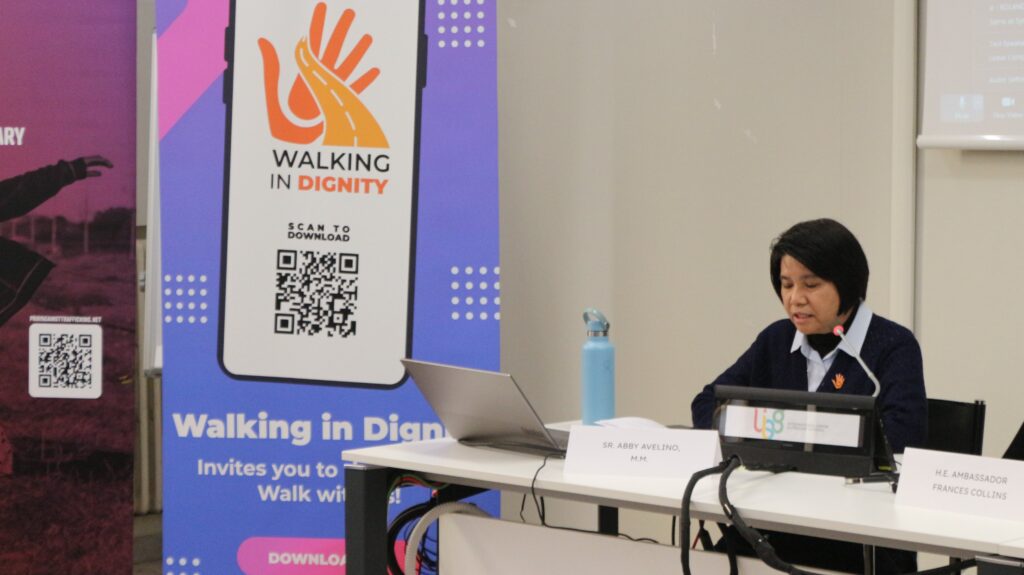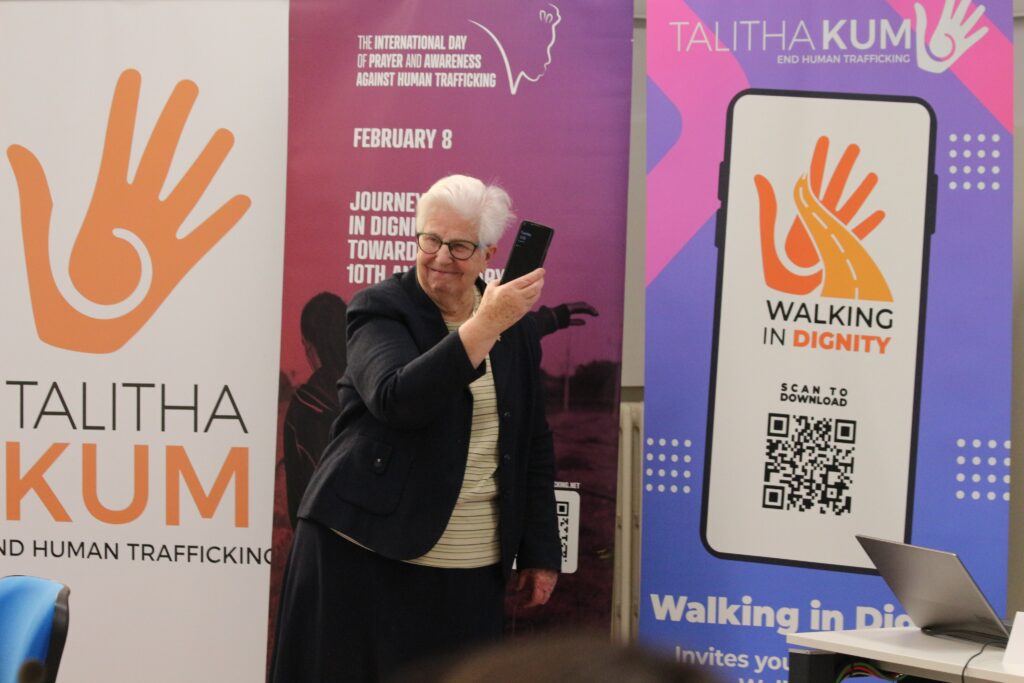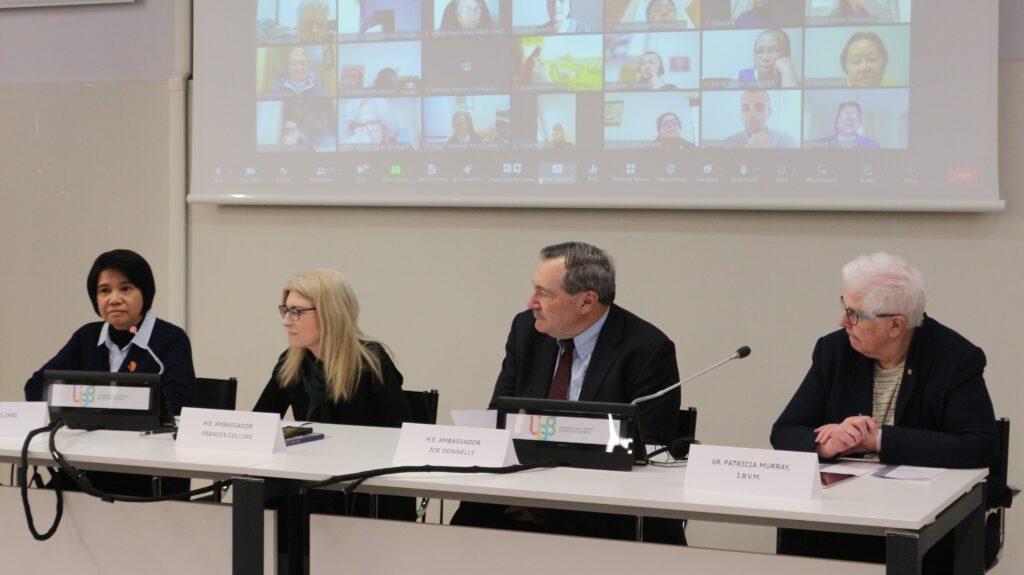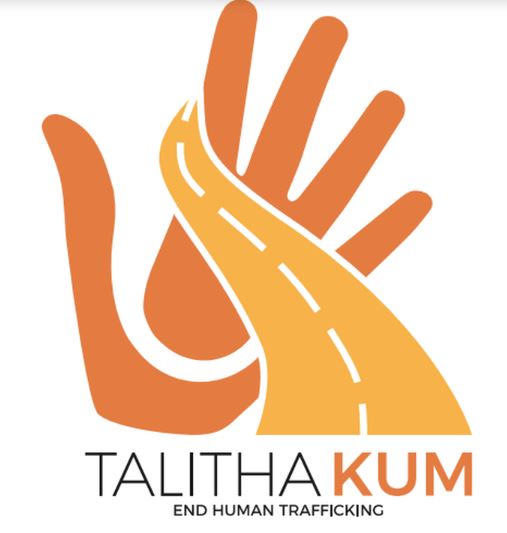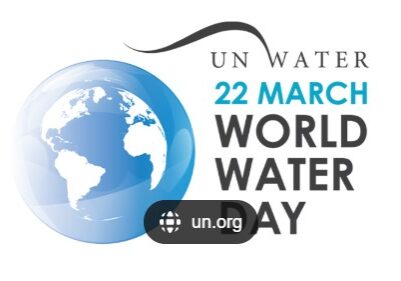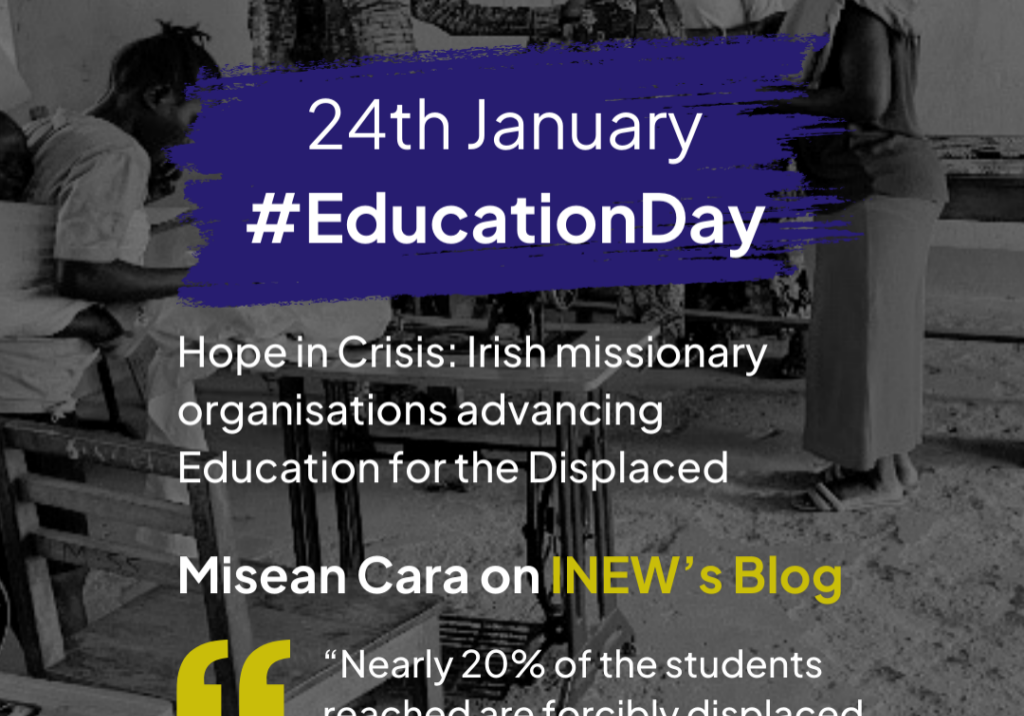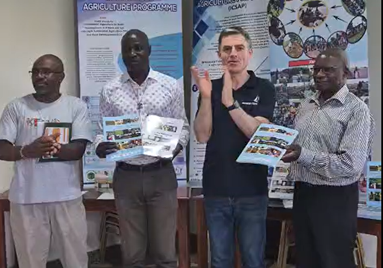By Misean Cara Project Officer for Human Rights and Advocacy, Éamonn Casey
Tuesday 30th January brought the launch by Talitha Kum, the global inter-congregational network of more than 6,000 religious sisters working against human trafficking, of its new ‘Walking in Dignity’ app to promote peer to peer awareness, mobilisation, and protection among young people.
Young people gaming online is now a truly global phenomenon and this app – developed at the suggestion of young people to Talitha Kum – aims to inform the hearts, minds, attitudes, and behaviours of 18- to 35-year-olds in support of the movement to #EndHumanTrafficking.
Misean Cara has supported this project since June 2023 through Irish development cooperation co-funding via Misean Cara’s member Loreto Sisters and their active engagement in Talitha Kum. Threats to human rights in the online context are growing, as seen, for example, in online grooming and recruitment for human trafficking, especially of women and girls.
Talitha Kum’s development of the app, in conjunction with the experienced Italian developer 4 Sigma, was also supported by the Embassy of Ireland to the Holy See, the Embassy of the United States of America to the Holy See, the Galileo Foundation, and the Global Solidarity Fund.
‘Walking in Dignity’ – An Online Tool
The project team decided to ‘gamify’ the anti-trafficking learning process, since young people all across the world now spend so much time online. The app will build awareness of risky environments and behaviours, especially in situations of social or personal crisis, along with understanding and sharing of preventive strategies.
Before its launch, young people, initially in three pilot countries (Tanzania, Bangladesh and Brazil), were invited to download the new app and embark on an ‘intercultural learning journey’ that highlights typical pathways and traps leading to human trafficking, particularly of youths. Post-launch, it is hoped that the app will ‘go viral’ through peer-to-peer sharing.
Using it, young people will gain ‘pins’ and earn rewards as they progress on their gamified journey: from unaware of trafficking dangers to being informed, then progressing to an awareness promoter, mobilised anti-trafficking supporter, engaged activist and, at an end step for a proportion of users, awarded activist status.
The ‘Walking in Dignity’ app development responds to Misean Cara’s strategic goal on human rights, and focus on Reaching the Furthest Behind First.
It also lines up well with the Irish government’s policy for international development, A Better World, particularly in addressing protection, reducing inequality, and focusing on a key driver – Human Trafficking – that leaves people (especially women and girls) at risk of forced displacement, abuse, exploitation, and violence.
Ending human trafficking is one of the congregational priorities for the Loreto Sisters (IBVM), who brought this initiative to Misean Cara through their close relations with Talitha Kum to end human trafficking – including around prevention, protection, reintegration and rehabilitation of survivors, and advocacy to address both systemic causes and response gaps.
A number of other Misean Cara members also have current funding to #EndHumanTrafficking, including the Salesians of Don Bosco, Salesian Sisters, Good Shepherd Sisters, and the Sisters of St Louis.
The App project is just one response by Misean Cara members to digital literacy requirements for young people and others at-risk of human rights abuses, especially after a global surge online during and since the COVID-19 pandemic, identified by another Misean Cara funded, multi-congregational human rights initiative.
The Salesian Sisters is leading on that research, action and advocacy project – which also includes the Good Shepherd Sisters, the Sisters of Notre Dame des Missions, and the Comboni Sisters – to establish a multi-congregational observatory to track and advance girls’ rights across 6 Global South countries.
In its current phase, that project has one key focus on bridging the digital divide for girls, while addressing digital education, cyber-security and the safe use of social media.
A second and related project element will tackle serious mental health challenges facing girls, which have been worsened by the rush online during COVID-19, including cyber-bullying, online sexual harassment, cyber-security and safe use of digital platforms.
Across the world, we see digital technologies (sometimes combining with robotics and Artificial Intelligence) being developed and used in ways that present challenges to human rights.
Misean Cara members, together with other faith and civil society actors, continue to respond in order to promote sustainable development, social justice and human rights – by raising awareness, mobilising responses, supporting access to justice, using their networks and advocacy channels to seek changes in laws, policy or practice that protect people from, or find remedies for, human rights abuses.
Launching the App – January 30th 2024 Rome, Italy
